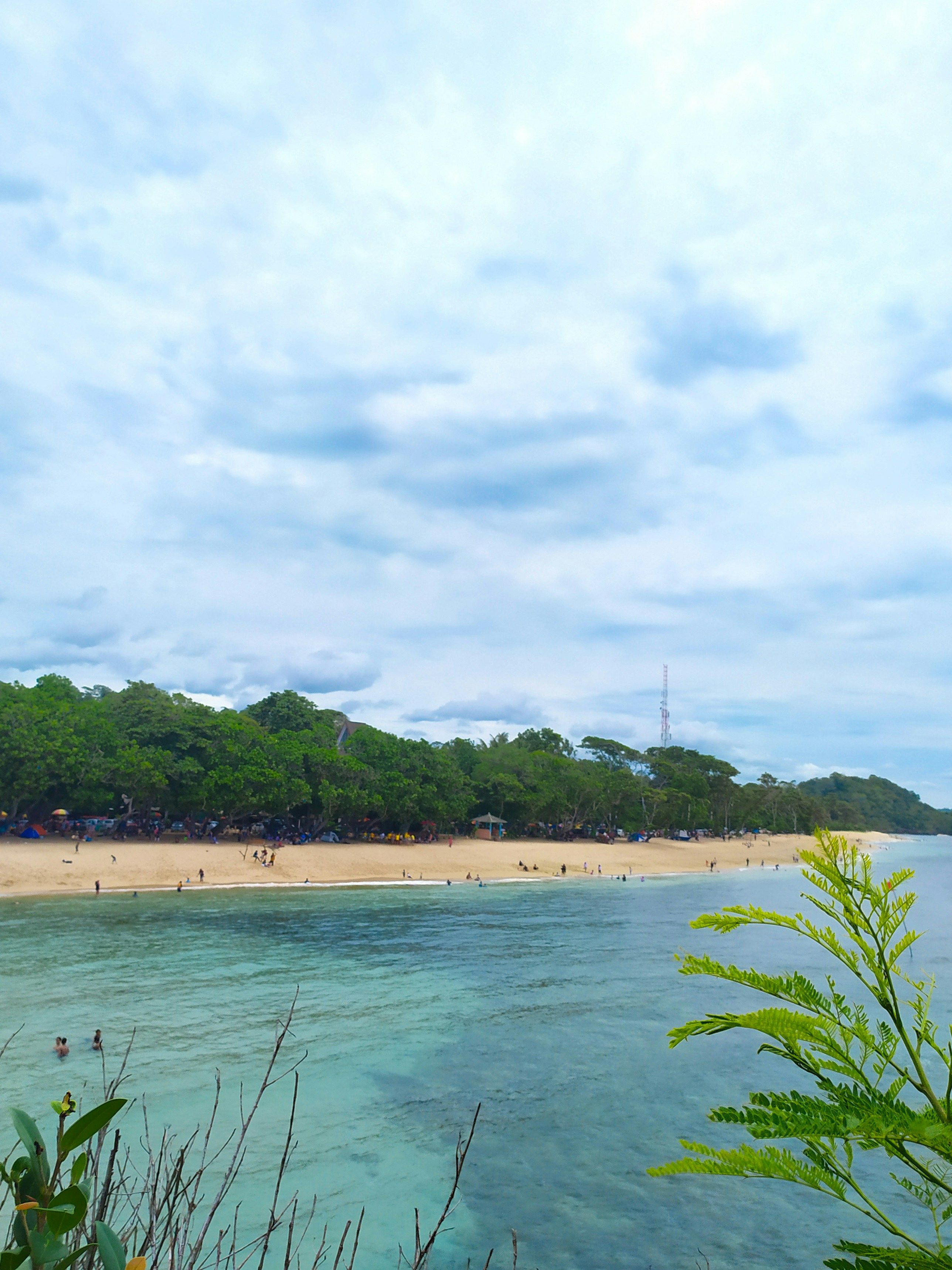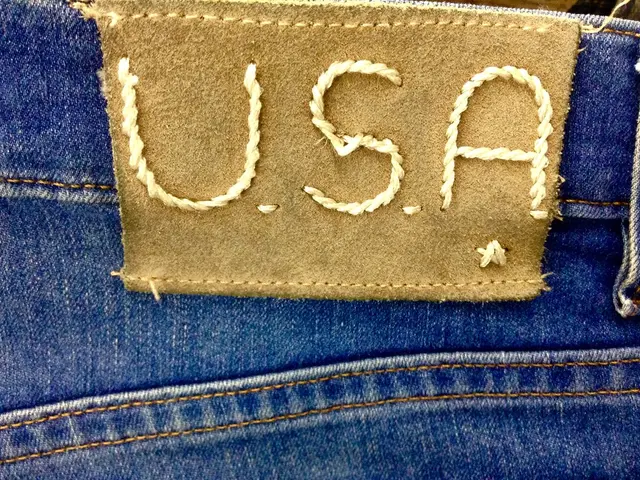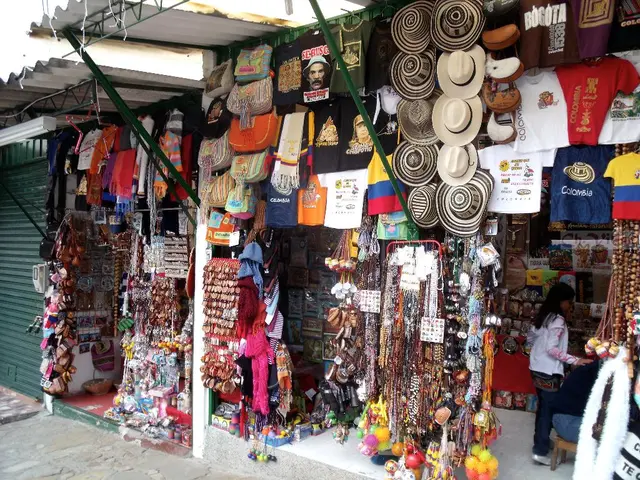Retail Resilience Tale on Laugavegur Street: Undying Vigor Illustrated
A Resilient and Thriving Hub
The decline in foreign tourism has left its mark on Laugavegur, Reykjavik's bustling shopping street. Empty shops and "Til leigu" (For Rent) signs are common sights, a testament to the economic strain on retail businesses heavily dependent on tourists. But amidst the hardship, a vibrant spirit of resilience and creativity is flourishing.
As I stepped into Laugavegur 51 on a chilly November day, the unmistakable smell of fresh sawdust and new tools filled the air. I had arrived at Munasafn RVK Tool Library, a brand-new social initiative that focuses on the sharing of tools and resources. The keys to the shop, though stiff and new, held the key to a promising future.
The library is the passion project of Anna de Matos, who saw the opportunity to relocate her venture to a prime location on the iconic shopping street. Before the pandemic, the tool library was tucked away in a hidden corner in Grandi. But the vacancy left by tourist-dependent businesses presented a golden opportunity for local enterprises like Anna's.
Sæunn Ósk Unnsteinsdóttir, a project manager in Reykjavik's mayor's office, explains that there are indeed positive stories of adaptability and growth arising from the tourism slowdown. Hjarta Reykjavikur, a design and craft boutique, is one such example. Hjarta Reykjavikur initially catered to tourists with souvenirs featuring local Reykjavik heritage. But when the number of tourists dwindled, the shop pivoted its business model to target the local market, offering jigsaw puzzles and a gallery space. The shop even expanded to a larger location amidst the pandemic.
Other businesses, too, have seized opportunities to expand during these challenging times. For instance, Aftur, a designer of recycled clothing, Kron, a shoe store, and Kokka, a culinary equipment specialist, have expanded their presence on Laugavegur.
Laugavegur isn't just seeing a resurgence of retail for the locals. Performance art is finding footing on the once-crowded shopping street, as artists capitalize on the vacuum left by the shrinking tourist industry. Take Rósa Birgitta Ísfeld, a local musician, who saw a chance to bring music to the heart of the city during the winter months. She organized Counting in Tunes, a free, daily musical performance event from December 1st to 23rd, featuring local musicians. With support from the Miðborgarsjóður (Midtown Funding) program and a vacant gift shop on Laugavegur, the dream became a reality.
Geoffrey Thor Huntingdon-Williams, the manager of Prikið Kaffihús, is another proponent of harnessing creativity in the face of adversity. His initiative Creative Life In Lockdown provides support to projects aimed at revitalizing the city. One of the upcoming projects, set to launch at Laugavegur 2, is a swap shop—a community-driven effort where participants can trade clothes.
Change, while challenging, often opens doors to new possibilities. Anna of the Tool Library believes that the pandemic-induced shift on Laugavegur has breathed new life into the street, pushing it in a direction that leverages local talents and fosters creativity. As we embark on this new chapter, it's clear that the spirit of Laugavegur endures, evolving from its traditional tourist-centric roots into a thriving hub for local innovation and culture.
John Pearson, a freelance journalist originally from London, now calls Reykjavik home. With a background in music broadcasting, underwater photography, and scuba diving instruction, Pearson brings a diverse perspective to the ever-evolving landscape of Iceland's capital city.
Insights: Laugavegur is renowned for its local design, food and cultural experiences, and its focus on supporting innovative retail strategies. During the tourist slowdown, businesses have adapted by targeting the local market, expanding their premises, and offering new products and services. In addition, performance art and social projects have emerged during the hiatus in the tourist industry, contributing to the vibrancy of the street. The entry of international brands like Starbucks suggests ongoing interest in Reykjavik's retail scene.
- The tool library, a new social initiative on Laugavegur, demonstrates resilience and creativity in the face of economic strain on retail businesses.
- Among the businesses adapting to the decline in foreign tourism, Hjarta Reykjavikur has successfully pivoted its business model to target the local market.
- Besides retail expansion, performance art is also finding its footing on Laugavegur, such as Counting in Tunes, a free musical performance event organized by local musician Rósa Birgitta Ísfeld.
- Creative Life In Lockdown, an initiative by Prikið Kaffihús manager Geoffrey Thor Huntingdon-Williams, supports projects aimed at revitalizing the city, including a forthcoming swap shop at Laugavegur 2.
- The influx of international brands like Starbucks indicates ongoing interest in Reykjavik's retail scene, reflecting its reputation for local design, food, and cultural experiences.
- Entrepreneurship and leadership are evident in the various innovative retail strategies embraced by local businesses, such as Munasafn RVK Tool Library and Hjarta Reykjavikur.
- Laugavegur is transitioning from a tourist-centric hub to a thriving center for local innovation and culture, showcasing the adaptability of the small-business industry and the spirit of lifestyle transformation.








